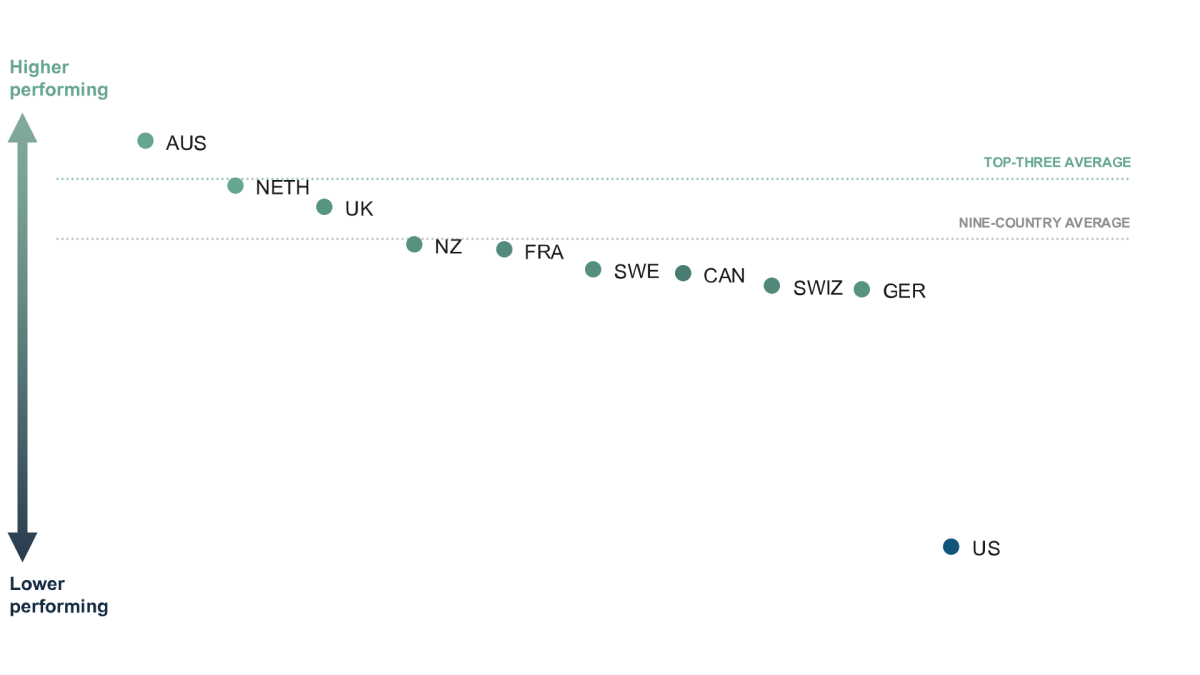Students share conflicting views about class rank
March 31, 2017
Background:
Class rank is a system in which students are ranked against their peers based on their weighted GPAs. AP classes are weighted more than honors-level classes, and are both weighted more than CP classes. This school year, the sophomores, juniors and seniors received their class ranks and GPA’s after the first semester, and will receive an updated version at the end of the year. However, “starting with the class of 2020, rank will not be reported on the transcript until the end of junior year or beginning of senior year” said Cindy Normand, Guidance Department Chair. According to Normand, after consulting with “area colleges,” the administration reached a verdict that class rank “creates incredible competition and puts pressure on students in the top 10 to stay there.” Therefore, the administrators decided that it would be in the best interest of students to leave class rank out of the picture.
However, the controversy remains unsettled among the current freshmen, sophomore, junior, and senior classes. Students on both sides of the issue volunteered to share their opinions.
For:
Out of the students interviewed, only a few supported having class rank. However, they made several important points that could make even the students that oppose it think twice. Unlike the students in opposition, they believe that it creates healthy competition between students who need that extra push to put forth their best effort.
When asked how class rank improved her experience as a high school student, senior Wyndom Chace said, “It has motivated me, especially during junior year, to keep pushing through and work hard the whole time.”
Along with driving students to push themselves, class rank gives some students confidence in themselves that they may not otherwise be able to achieve. “I know that, for many, a high class rank improves self-esteem,” said junior Zachary Cook.
Junior Neive Skerry countered the argument that class rank creates an unhealthy environment by saying that, although it may be difficult for students to always be compared to the smartest individuals in the school, it prepares them for the competition in life.
“Life isn’t fair. There has to be winners and losers in life,” Skerry said.
Against:
In class, students sneak a peek at their peers’ grades on tests and essays and dwell on small point differences because they have been programmed to want to be the best of the best. Many people do not support class rank because it creates an unhealthy sense of competition. Some students have expressed their opposition towards class rank due to the unnecessary stress that it adds to their already stressful workload and the distraction that it creates from learning.
Junior Alex Norris said that he worried about class rank freshman year because he was “caught up with the overwhelming nature of high school and the prospect of being the best,” but, since then, has “realized the faults of his mentality.”
With class rank, students tend to focus on the wrong things, such as comparing themselves to other students, instead of focusing on their own achievements. Many upperclassmen who have experienced two years of competitive ranking have come to realize their mistakes in putting too much emphasis on the ranking system and support this first step in getting rid of class rank for the entire school.
For some students, class rank may push them to do work harder in their classes. However, class rank has also been known to “turn students against each other” said junior Emma Rial.
Although the members of the freshman class will not find out their class rankings until at least the end of their junior year, they can imagine the pressure that it puts on students and are thankful that they do not have to carry the burden of being compared to their peers.
Freshman Molly Mackrell said that if freshmen were to have class rank, “…students would be more likely to just try to get the work done instead of getting something out of it.”
Additionally, class rank gives students a distorted sense of how intelligent they are because it depends not only on their performance, but on the performance of their peers as well. The major issue is that when students see a low class ranking on their transcript, it oftentimes discourages them and may cause them to give up altogether.
For senior Jess Moniz, class rank “added an extra [source of] stress to school,” she said. “Especially being from a competitive class, your class rank could be lower, but you could still have a high GPA.”










